So, you’re thinking about purchasing a home, now what? Deciding whether you’re ready to buy a home is a major decision and can feel overwhelming. We’re here to help with a few more things you should take into consideration.
Before you consider just the monthly payment into your budget and the amount of funds you’ll need for your down payment and closing costs, let’s take a look at a few basic requirements the lender will review on your application to determine whether you’re eligible to purchase a home.
Employment and Income
The lender will want to see that you have a two year working history in the same line of work or the same job. Aside from your employment history, they’ll be reviewing your income to ensure it’s a stable source of income. They’ll need to know how you are paid (hourly, salary, commission). There will also be questions about the consistency of receiving overtime, bonuses or commission.
Credit and credit history
When applying for a mortgage loan, your FICO score and credit history certainly come into play. Your FICO score determines which mortgage loan program you may (or may not) qualify for. As an example, FHA loan programs will allow a minimum FICO score of 580, whereas a conventional mortgage loan program will allow a minimum score of 620.
Not only does your credit score help determine a possible loan program, but it’ll also affect your rate. If you know your credit may need some help – don’t be shy about asking your loan officer what you might be able to do in order to bring your score up! While they can’t provide credit repair services, they can often point out places where you might be able to improve your score.
Assets
Now when we say assets, we don’t mean things such as your car or your cash on hand – we’re referring to the liquid assets in your bank that you could use for the transaction. You can also use a 401k or pension account if needed, but those come with extra requirements.
- When reviewing the liquid assets you have, take into consideration the down payment and the closing costs.
- Down payment – this can vary as different loan programs have different minimum down payment requirements. There are even some programs that allow for no money down.
- Closing costs – A general rule of thumb is to be prepared to pay 3% – 6% of your loan amount in closing costs.
For example, if you’re purchasing a $200,000 home and you’re putting 3% down you can estimate something similar to the below:
- 3% down payment = $6,000.00
- Closing costs (let’s say 3%) = $6,000.00
- The total out of pocket cost to close on your home would be approximately $12,000.00
Last but not least, the lender will review your DTI which is your debt-to-income ratio. Your DTI will simply help the lender see how much debt you might be able to take on in comparison to your gross monthly earnings. Now if you have a high debt-to-income ratio, you could consult with your loan officer to see if paying off any debt might help or if putting more money down may be an option for you.
With so many factors to consider when taking the first step to homeownership, it is in your best interest to have a loan officer guide you through every step of the process. Take advantage of his or her expertise so you can make the most informed decisions, and your journey to homeownership can be as seamless and stress-free as possible.
By: Jon Iacono
